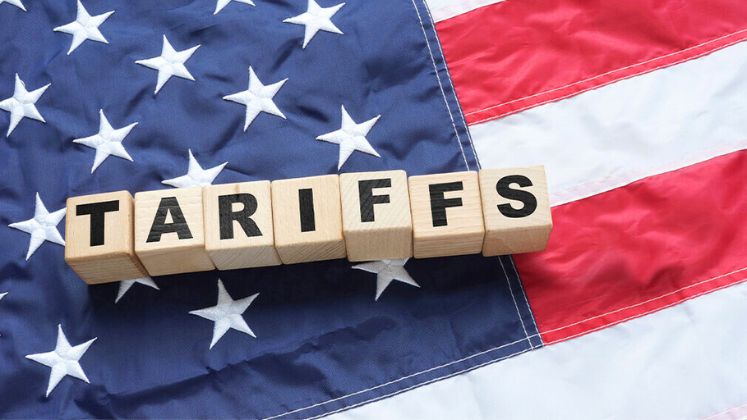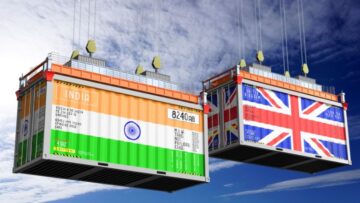
The current global trading system, which has long been based on multilateral (WTO), regional, and bilateral (FTA) trade agreements, is facing serious challenges as a result of the US administration’s decision to unilaterally impose broad tax increases on imported goods.
The International Textile Manufacturers Federation (ITMF) President, K. V. Srinivasan, stressed that “these significant tariff hikes will have a major impact on textile imports, particularly apparel, into the US”
Approximately 95 per cent of clothing sold in the United States is currently imported, with the bulk coming from Bangladesh (6 per cent), Vietnam (13 per cent), India (8 per cent), China (30 per cent), and Indonesia (5.5 per cent). To put this into context, these nations will now see rates rise to 38–65 per cent from the prior 11–12 per cent levies. As a result, American clothing importers are looking for alternate sourcing possibilities in nations with lower tariffs. But a lot of these substitutes are more expensive to produce and frequently don’t have the necessary product lines or manufacturing capabilities.
There would be major obstacles to reshoring the clothing industry to the United States. Many necessary textiles for the creation of clothing would still need to be imported, but at higher prices, and labour expenses are significantly greater. The garment industry in the United States is also experiencing a skilled labour shortage. Higher import duties or expensive domestic manufacturing will result in higher clothing costs, which will ultimately drive up inflation.
Srinivasan went on to say that the US administration’s trade stance will upset supply chains for clothing and textiles, raising prices and creating uncertainty. It would be significantly more advantageous for the global textile and clothing industry if nations engaged in cooperative policymaking and talks rather than enacting unilateral tariff hikes across all product categories.






